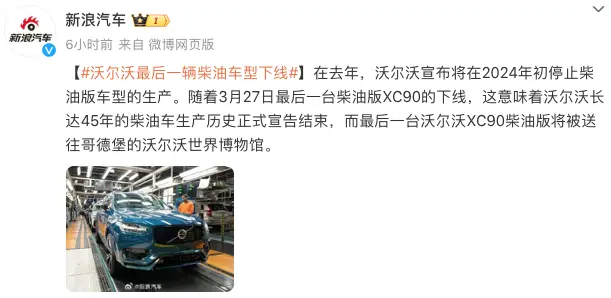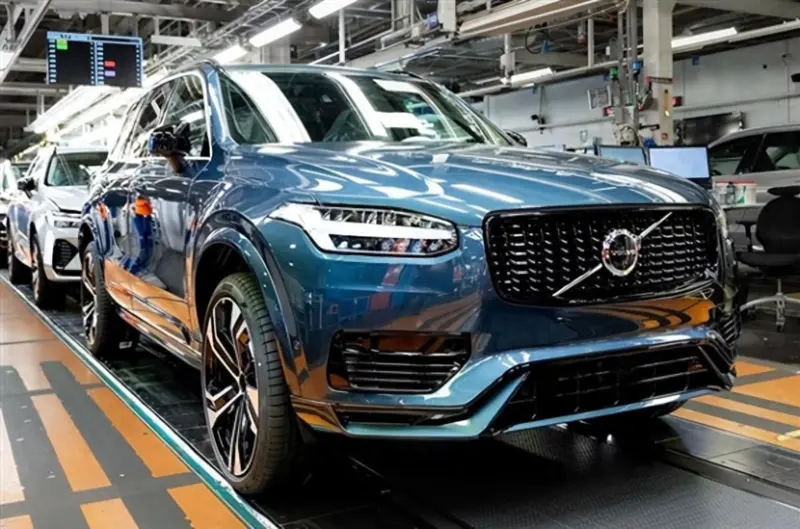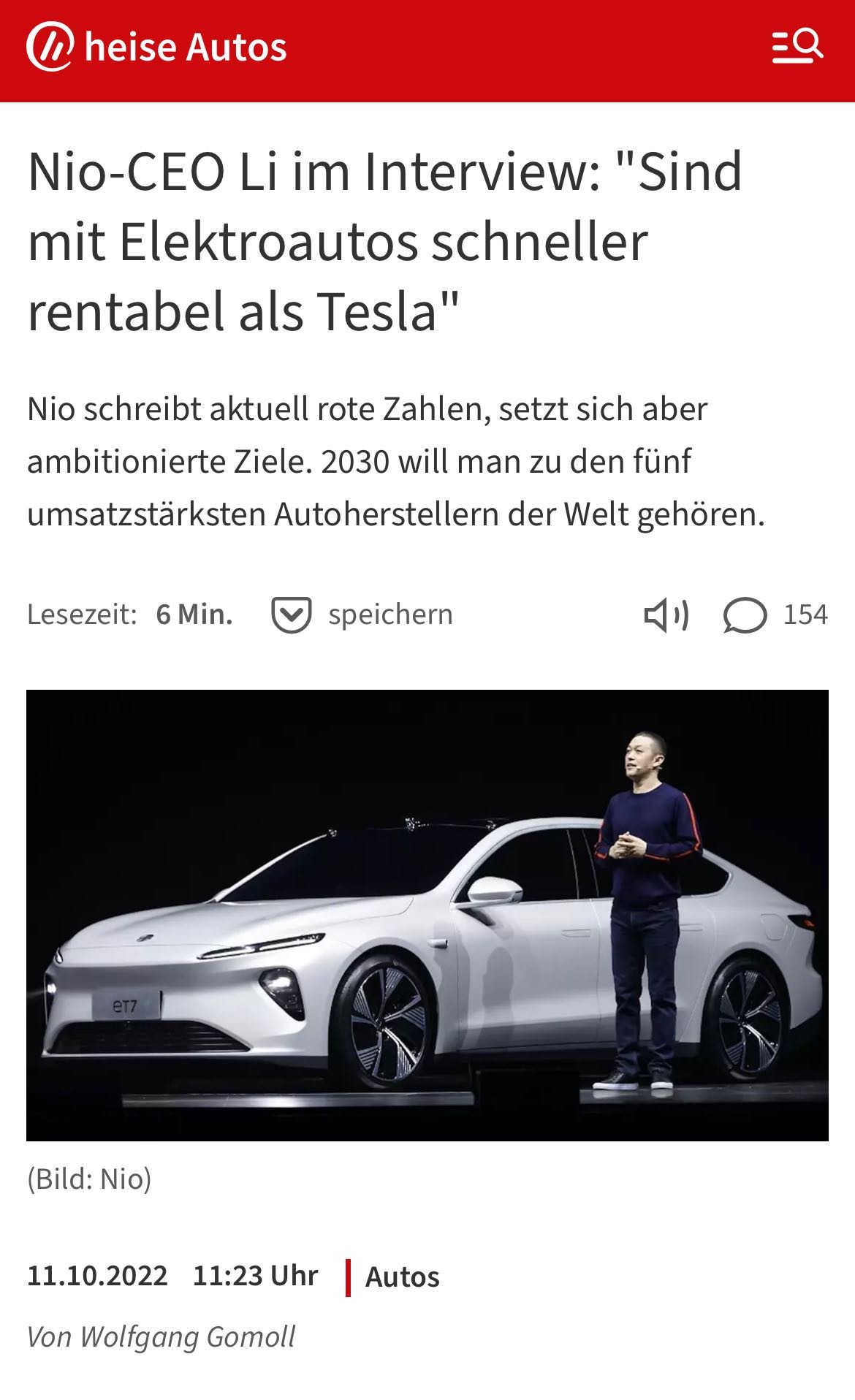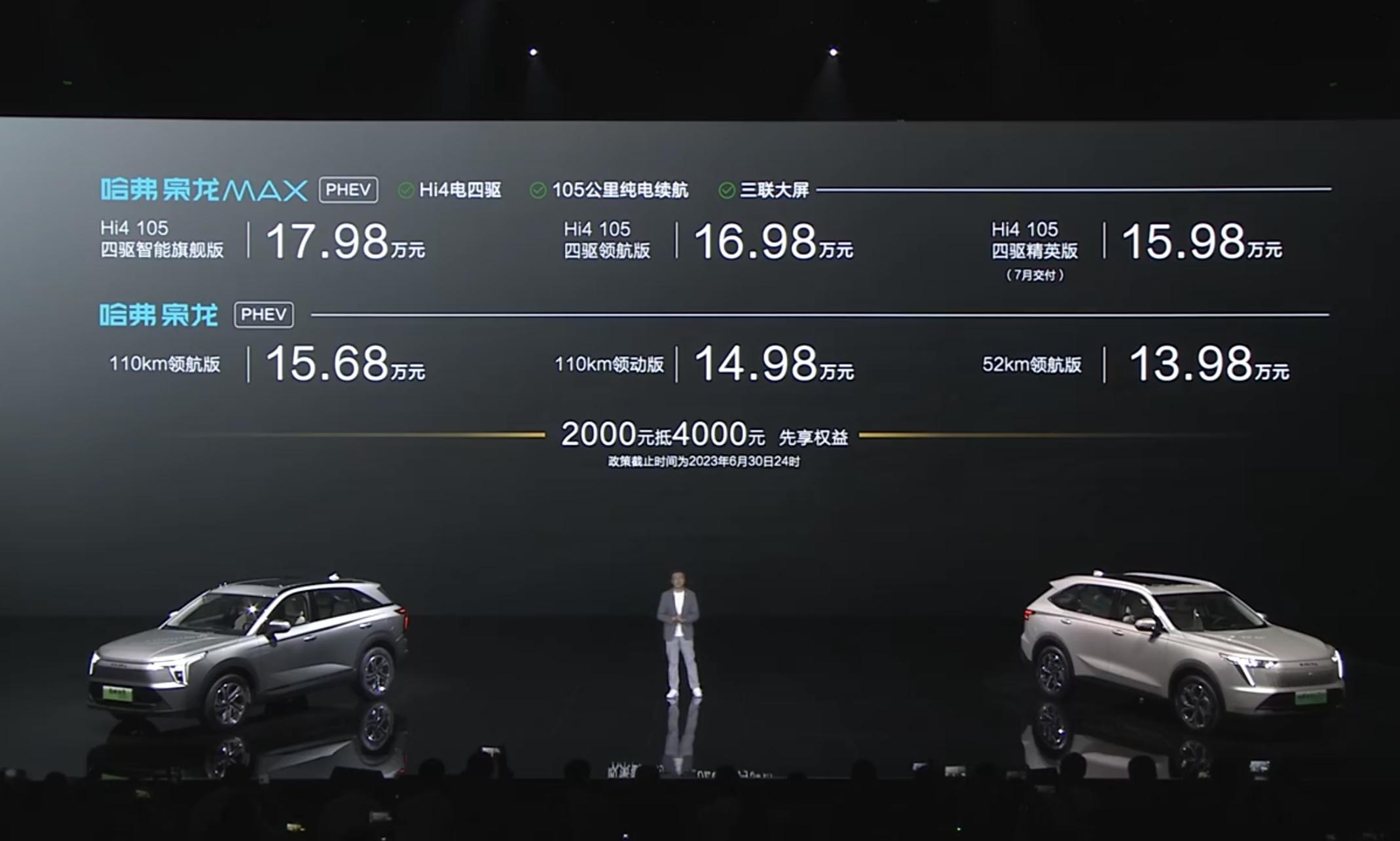In addition to Weibo, there is also WeChat
Please pay attention

WeChat public account
AutoBeta


2024-11-22 Update From: AutoBeta NAV: AutoBeta > News >
Share
AutoBeta(AutoBeta.net)03/28 Report--
According to media reports, the last Volvo XC90 SUV was taken off the line at Volvo's Toslanda plant in Sweden on the evening of March 26, local time. It was the last Volvo car with a diesel engine. This move means that Volvo officially bid farewell to the 45-year history of diesel production and enter a new electrified era.

Volvo officials said it would continue to produce gasoline-powered cars until 2030, when it will only produce electric cars, the report said. Eric Erik Severinson, Volvo's executive in charge of new cars and operations strategy, said bluntly: "We are very confident that we can provide very good customer service even without diesel cars."
The XC90 SUV, the last diesel model mentioned above, will not be sold to consumers when it goes offline, but will be displayed as a historical product, which will be on display at the Volvo World Museum in Gothenburg, Sweden on April 14.

As early as September 2023, Volvo announced that it would stop producing diesel cars at the beginning of this year and plans to convert to an all-electric brand by 2030 and climate neutral by 2040. At the time, Jim Rowan, chief executive of Volvo, said: "efforts are being made to build a high-quality pure electric vehicle portfolio to meet all customer expectations of Volvo, which is also an important part of our response to climate change."
It is worth mentioning that, as a well-known Swedish luxury car brand born in 1927, Volvo has a 45-year history of producing diesel cars, during which it has launched a number of influential diesel models, and the diesel version of the XC90 model once accounted for 95% of sales in 2008. But compared with other luxury brand carmakers, Volvo is considered one of the first traditional luxury brands to start electrification. As early as 2017, Volvo proposed a comprehensive electrification strategy and further deepened and clarified the market layout in 2021. In 2021, Volvo said it would account for 50% of its all-electric models by 2025, with the rest in hybrid models. Volvo will transform into a pure electric brand by 2030, when it will sell only pure electric cars, eliminating all cars with internal combustion engines worldwide. Volvo strives to become a climate zero-load benchmark by 204, and all pure electric models will be sold online only.
Volvo's cumulative global sales in 2023 rose 15 per cent year-on-year to 708700 vehicles, an all-time high, according to data. Of this total, pure electric vehicle sales were 113400, up 70 per cent from the same period last year, while plug-in hybrid vehicle sales exceeded 152600, up 10 per cent from the same period last year. In the market segment, Volvo's cumulative sales in China were 170000 vehicles, up 5 per cent from a year earlier. Judging from the sales data over the past year, although Volvo has also achieved growth in the Chinese market, its performance in the Chinese market is obviously lack of bright spots compared with Volvo's global growth of 15%.
At present, Volvo's sales in China still rely on fuel cars, and the only electric cars are mainly plug-in models. According to the official website, Volvo currently implements four domestic models in China, including S90, S60, XC60 and XC40, of which S90, S60 and XC60 launch plug-in hybrid models on the basis of fuel vehicles, while XC40 launches pure electric models on the basis of fuel vehicles. It should be noted that under the background of the substantial expansion of new energy vehicles, the luxury car market has been eroded by new power brands such as Azura and ideals, and it is difficult for "oil to electricity" models to become mainstream in the highly inner new energy vehicle market, which also leads to its average sales performance in the car market. According to retail data, the top three Volvo models sold in China in 2023 were XC60, S90 and S60, with sales of 64758, 37022 and 21140 respectively.
At present, electrification transformation is considered to be an important part of Volvo's sustainable strategy, but from the sales data, Volvo's performance in the field of new energy is very mediocre. In August 2023, Volvo stressed that the Chinese market is one of Volvo's most dynamic markets in the world, and that the company will continue to accelerate its full electrification transformation in China and around the world. According to the plan, Volvo's pure electric models will account for 50% of total sales by 2025 and will be completely transformed into an all-electric brand by 2030, eliminating all models with internal combustion engines.
As a Nordic luxury brand, Volvo chose to realize the electric transformation is a manifestation of embracing the market. As for the end of the XC90 SUV diesel era, can Volvo continue to be brilliant in the context of the new era? In terms of the Chinese market, although the Chinese market is one of Volvo's most dynamic markets in the world, most of the electric models Volvo is selling are "oil-to-electricity" products, so it is difficult to increase sales. This also means that "how to accelerate the electrification transformation in the Chinese market" is a difficult problem that needs to be solved right now. In this context, Volvo in China electrified transformation pressure is not small.
According to the latest financial data, net sales of Volvo Group rose 17 per cent year-on-year to SEK 553 billion in 2023; adjusted operating profit was SEK 77.6 billion, compared with SEK 50.5 billion in the same period last year; and adjusted operating profit margin was 14.0 per cent, compared with 10.7 per cent in the same period last year.
Welcome to subscribe to the WeChat public account "Automotive Industry Focus" to get the first-hand insider information on the automotive industry and talk about things in the automotive circle. Welcome to break the news! WeChat ID autoWechat
Views: 0
*The comments in the above article only represent the author's personal views and do not represent the views and positions of this website. If you have more insights, please feel free to contribute and share.











© 2024 AutoBeta.Net Tiger Media Company. All rights reserved.